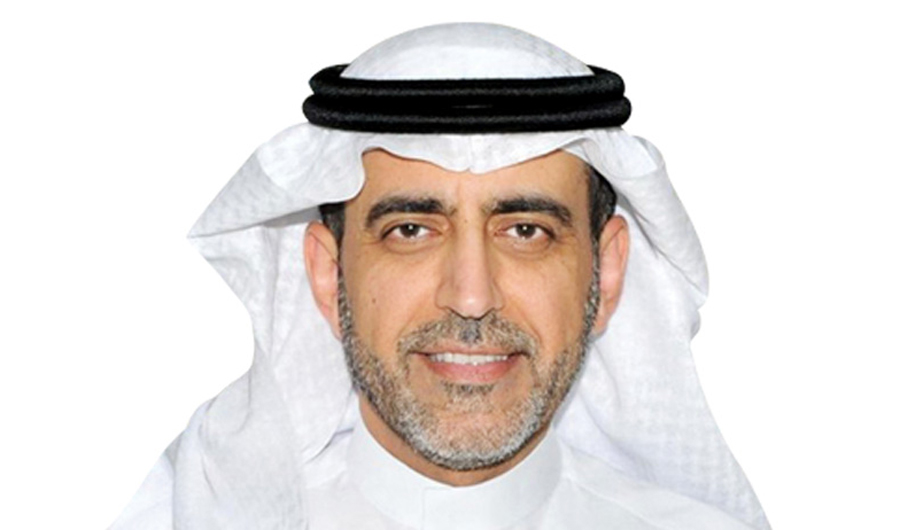JEDDAH: The Kingdom plays a pioneering role in supporting groups working to fight against blindness around the world, the head of the Eastern Mediterranean region at the International Agency for the Prevention of Blindness (IAPB), has said.
Dr. Abdul Aziz Al-Rajhi told the Saudi Press Agency (SPA) that the IAPB — a nonprofit organization registered in England with a board of trustees including representatives from regional heads — is an umbrella group for all nonprofit organizations working in the field of eye health.
It includes representatives from seven regions, similar to the division that the World Health Organization (WHO) employs.
Al-Rajhi said that the Eastern Mediterranean region includes the Arab countries (with the exception of Algeria) and Iran, Afghanistan and Pakistan, totaling 22 member states.
He added that the IAPB’s regional office, based at King Khaled Eye Specialist Hospital in Riyadh, will increase cooperation between countries in the region and raise the level of ophthalmology and optometry services, both in the curative and preventive aspects.

The Kingdom’s key role in promoting the fight against blindness reflects its regional and international influence.
Dr. Abdul Aziz Al-Rajhi
Top IAPB official
He further stressed that the hospital plays an active role in the framework thanks to the support of Saudi Health Minister Dr. Tawfiq Al-Rabiah and the hospital’s board of directors.
Al-Rajhi said that the office will conduct activities with specialized workers in the hospital, which is known for its training programs for ophthalmologists and being one of the largest medical research publishers in the region.
He said that the office will use the training provided by technical, administrative and medical teams to support efforts to improve ophthalmology and optometry services.
The Eastern Mediterranean region needs to double the effort, work and cooperation of representatives, he said, particularly in light of insufficient information on the causes of visual impairment or blindness in the Middle East.
Al-Rajhi added that in order to improve the situation, as much accurate information as possible needs to be collected in cooperation with representatives of blindness prevention programs from the health ministries of each member state.
FASTFACTS
• The Eastern Mediterranean region includes the Arab countries (with the exception of Algeria) and Iran, Afghanistan and Pakistan, totaling 22 member states.
• The IAPB is also looking to forge a partnership with KSrelief.
The regional office continues the tradition of hosting a workshop twice a year and selecting region-related topics in cooperation with the WHO Regional Office.
As part of the workshop, specialists from around the world discuss ways to improve ophthalmology and optometry services.
The next step for the IAPB is to develop ophthalmology training programs for remote areas, and begin weekly talks at the hospital as a meeting hub for all countries in the region, he said.
Al-Rajhi added that knowledge will be spread through medical staff visits, including trips by doctors and optometrists from King Khaled Eye Specialist Hospital to countries that need to train local staff.
The IAPB is also looking to cooperate with the King Salman Humanitarian Aid and Relief Center (Ksrelief) to create a partnership between the regional office, the center and hospital to provide relief and training services to member states if necessary, Al-Rajhi said.
In 2006, the World Health Assembly of the WHO agreed to include the prevention of blindness within its strategic plans and priorities for future work, based on the Saudi delegation’s initiative. The campaign took more than 18 months to be included on the Assembly’s agenda.
The Kingdom’s key role in promoting the change reflects the influence of Saudi Arabia in promoting the prevention of blindness, both at the regional and international levels, he added.




























